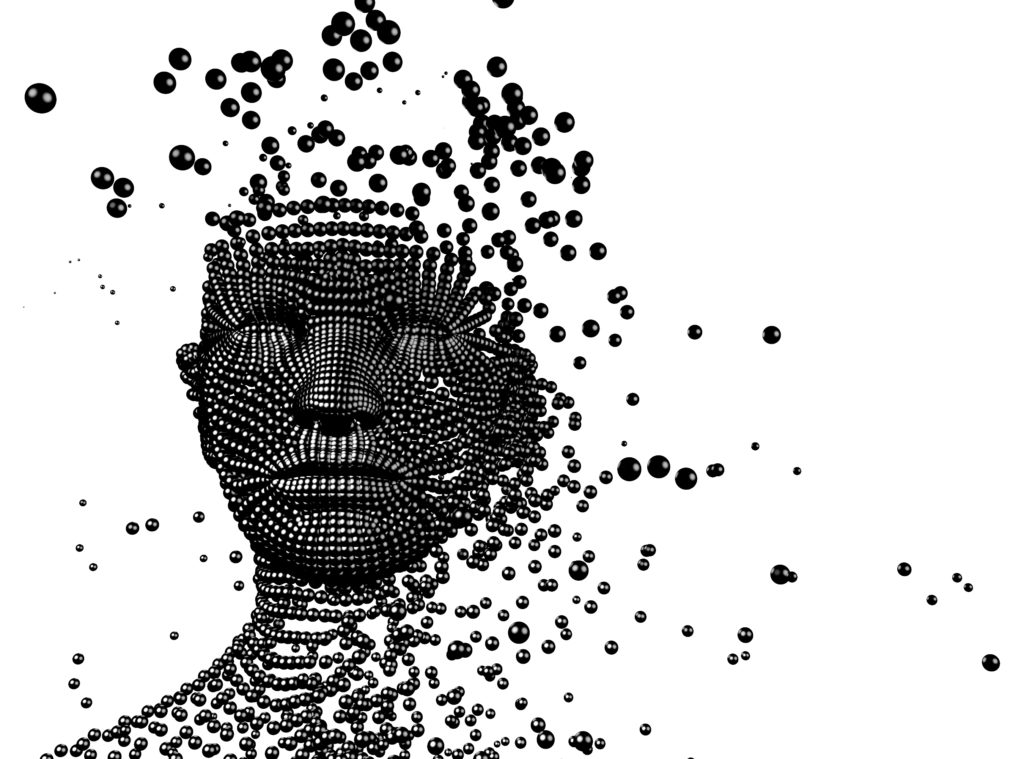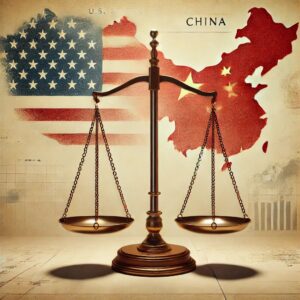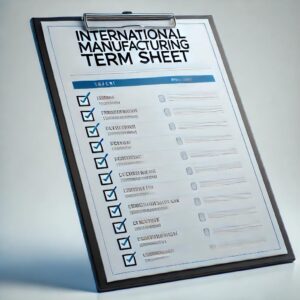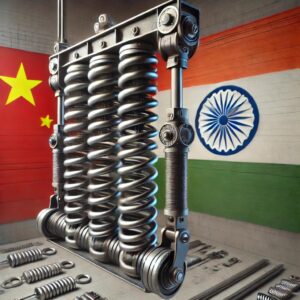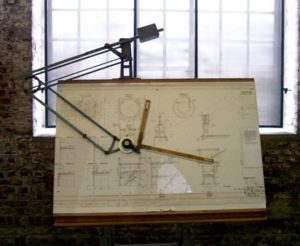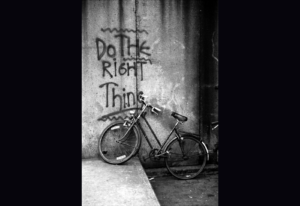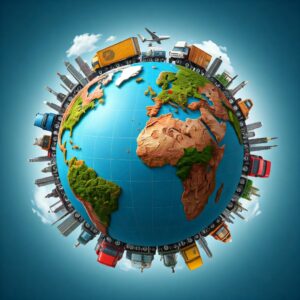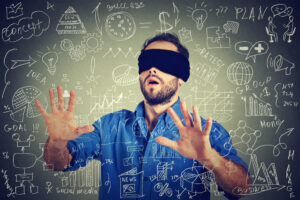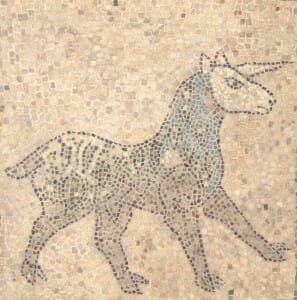Can artificial intelligence own copyright?
This question has come to the fore as technological advances lead to scenarios far beyond the imagination of those who crafted most of our current jurisprudence on copyright. Ownership of copyright by nonhumans is not allowed in China, but increasing AI capabilities could spur changes in legal thinking.
According to the Copyright Law, “the author of a work is a natural person who creates the work.” Under certain circumstances, a legal person or unincorporated organization may be considered a work’s author. There is nothing in the law, however, that would support the proposition that computer systems can be treated as authors for copyright purposes.
In the landmark Shenzhen Tencent v. Shanghai Yingxun case, the Nanshan District People’s Court considered whether an article written by Tencent’s AI software Dreamwriter was entitled to copyright protection. The court found that it was, with copyright vesting in Dreamwriter’s developers, not Dreamwriter itself. In its decision, the court noted that “the arrangement and selection of the creative team in terms of data input, trigger condition setting, template and corpus style choices are intellectual activities that have a direct connection with the specific expression of the article.” These intellectual activities were carried out by the software developers.
The World Intellectual Property Organization (WIPO) has distinguished between works that are generated without human intervention (“AI-generated”) and works generated with material human intervention and/or direction (“AI-assisted”). In the case of AI-assisted works, artificial intelligence is arguably just a tool used by humans. Vesting of copyright in the humans involved in these cases is consistent with existing copyright law, just as an artist owns the copyright to a portrait made using a paintbrush or a song recorded using a guitar. The scenario in the Tencent case falls in the AI-assisted bucket, with Dreamwriter being the tool.
China’s current copyright law does not provide for nonhuman ownership of copyright
As mentioned above, China’s current copyright law does not provide for nonhuman ownership of copyright, regardless of whether the work is AI-generated or AI-assisted. This said, it does not follow that copyright in an AI-generated work must by default be owned by a human. While future AI-generated output may constitute works from a copyright law standpoint, these works may be ineligible for copyright protection due to their lack of human authorship.
This approach would be consistent with longstanding principles of copyright law. Yet it could lead to results that are undesirable, at least from the perspective of the companies developing AI, and possibly government authorities looking for the industry to be a driver of growth. Further advances in the field could inevitably lead to a growing amount of works that cannot be copyrighted, making it difficult, if not impossible, to monetize them. Given this scenario, it would be understandable if copyright law was revisited.
Zhou Bo, senior judge of the Supreme People’s Court IPR Division, has suggested that the adoption of such changes could just be a matter of time. According to Zhou, “AI has not yet developed to a level where it is truly free from human involvement in the generation of relevant products.” However,
as for the copyright protection for those autonomously generated products of AI without any human intervention, we have to be patiently monitoring the progress of technology. It is still a bit early to draw conclusions.
This is not to say that in the future China will recognize computer systems as copyright owners. A more likely outcome is for the concept of authorship to be extended, allowing copyright in AI-generated works to vest in the developers of the underlying AI, just as with AI-assisted works. This would not mark a radical departure from the traditional copyright framework. Regardless of the level of autonomy AI achieves, its outputs will still be traced back to human intelligence, however remote in time.
In sum, we may eventually see the recognition of some form of AI copyright ownership, but in a way that provides rights to certain humans. Of course, if AI develops sufficiently, Dreamwriter’s descendants may start lawyering up to enforce their own rights in court!










